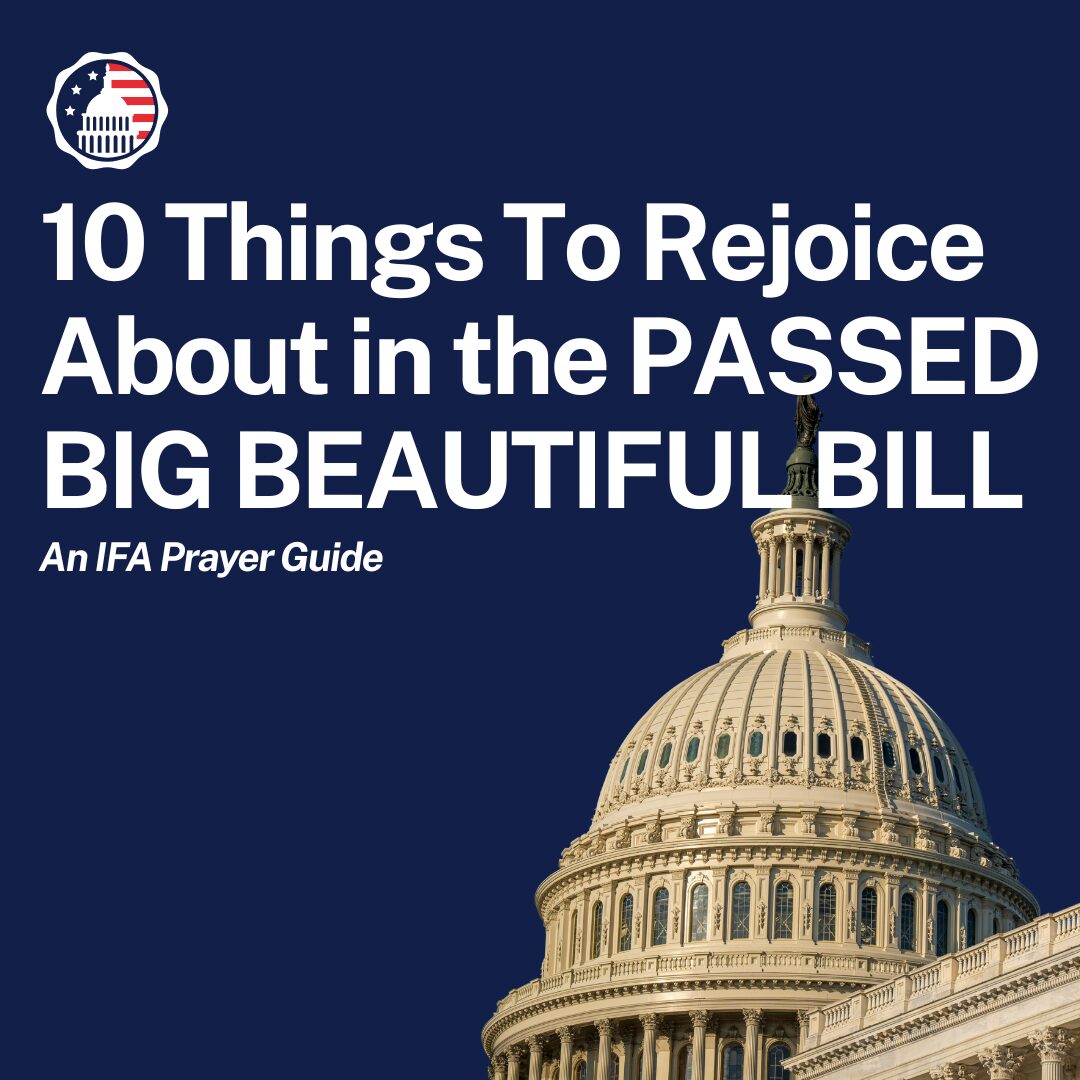ARE YOU ANXIOUS?
WORSHIP: CANYONS
IVANKA TRUMP MAKES FIRST PUBLIC APPEARANCE DELIVERING FOOD
MIGRANT CHILDREN IN BORDER PATROL CUSTODY TRIPLES
SCOTUS REFUSES TO HEAR TRUMP’S LAST ELECTION INTEGRITY CHALLENGE
ARE YOU ANXIOUS?
In 1947 and less than two years after Germany’s surrender in World War II, W.H. Auden published an epic poem that encapsulated in its title the condition of the twentieth-century Western heart: “The Age of Anxiety.” While Auden himself said it was “frightfully long,” he does from the very beginning capture in verse the human quest to find an identity and purpose in a mechanical, lonely world. Auden was correct. Anxiety is an ever-increasing and prevailing quality of contemporary Western culture. But while anxiety has been on the increase for the last seventy years, it is indeed a problem of the universal human condition. The good news is that long before figures such as Sigmund Freud or B.F. Skinner would develop the modern science of psychology, the Bible addressed this monumental problem of the human psyche in its own prescription for a life of wisdom.
One of the most important and yet simplest questions we can ask as we try to address the problem of anxiety is, What is anxiety? As soon as our hands get sweaty, our stomach turns in knots, or pins and needles strike our fingertips, we know that we are experiencing a worry that has become damaging even to our bodies. Anxiety, as many scientific studies point out, takes a toll on our health. In Luke 12:32, Jesus says, “Fear not, little flock,” using a synonym of the Greek word for anxiety. We must hear the God-man’s gentle tone when we come to that famous moment in the Sermon on the Mount where Jesus gives us the command, “Do not be anxious” (Matt. 6:25). Christ is saying to His people that on the one hand, anxiety is so serious (hence, the command) that we must fight against it for the life of our souls. On the other hand, as Ed Welch has pointed out, Jesus is saying it like this: “I’ve come to help you, little flock.” In other words, anxiety is not good. It is not OK. It is a psychological condition resulting from living in a cursed, fallen reality. Yet, Jesus knows that no one wants to be anxious, and that most often it feels as if it is happening to us more than we are actively choosing to be anxious.
The Word of God first helps us by defining anxiety so that we will understand precisely what we are up against. In Jeremiah 17:8, there is a revelatory instance that puts flesh on the concept. Echoing the blessed man of Psalm 1, Jeremiah writes, “He is like a tree planted by water, that sends out its roots by the stream, and does not fear when heat comes, for its leaves remain green, and it is not anxious in the year of drought, for it does not cease to bear fruit.” This is an example of Hebrew poetry where two terms are used in parallel and therefore should be taken as synonyms. The terms are “fear” and “anxious.” Whenever circumstances get hot or when the world outside of us seems to be like a wave crashing down on our heads, the one who fears God is enabled to float. To use the metaphor of Jeremiah 17, the one who fears the Lord has roots deep enough that circumstances do not wither the leaves of his heart. Alternatively, the more our roots are planted in temporary and fleeting desires, the more we will be overcome with fear or anxiety. Jeremiah is saying that anxiety is a type of fear.
The Word of God first helps us by defining anxiety so that we will understand precisely what we are up against.
SHARE
Anxiety is not mere concern. It is not the type of fear that helps us survive in a dangerous situation. It is not concern for the moment that we put our sixteen-year-old behind the wheel for the first time or for our sick child’s health. Rather, it is an ongoing, fearful restlessness wherein we imagine hypothetical circumstances of loss. The anxious one is playing the prophet by looking into the possible futures and imagining what it might feel like to lose something we love. Therein, common anxiety develops when we fear losing something we find truly precious. That over-concern spirals into a vicious circle of spiritual—and oftentimes physical—damage.
Jesus expands or verifies this definition in the Sermon on the Mount. If you look carefully at the structure of Matthew 6 where His command appears, you can see that there are a series of familiar commands that come just before: when you give to the needy, do not let your left hand know your right is doing (Matt. 6:3); when you pray, do not heap up empty phrases (Matt. 6:7); when you fast, do not look gloomy (Matt. 6:16); do not lay up for yourselves treasures on earth (Matt. 6:19). Jesus summarizes all these commands by suggesting that “no one can serve two masters” (Matt. 6:24). Then, the very next verse states, “Do not be anxious” (Matt. 6:25). In other words, the word anxiety is cast in the context of the issue of fearing, honoring, or glorying in some temporal, created reality more than in the Lord. Here, He is suggesting that these wrong practices are grounded in a type of idolatry of reputation and wealth but could be any other temporal desire. Anxiety as a restless, body-numbing fear of hypothetical loss is, according to Jesus, an issue of desiring over-control of our circumstances, of loving the things of this world, including our self-image, more than we ought, and of failing to “seek first the kingdom of God and his righteousness” (Matt. 6:33).
If we want to locate that which we fear losing too much, that precious treasure that might cause us to say in our heart of hearts, “If God takes this away, or if this happens to me, then I am done with Him,” then we must trace our anxiety to its deepest roots. What is it that we love more than God Himself?
Alternatively, in 1 Peter 5:7, God calls us to cast our “anxieties upon him, because he cares for you.” We are called to pray our fears and anxieties as soon as they emerge. Pray that God would ground our hearts in His absolute omnipotence so that we might rest even in the midst of being tossed to and fro by hard circumstances. His promise there in Philippians 4:7 is that the Holy Spirit can indeed give a “peace . . . which surpasses all understanding.” This means that God promises that a Christian can grow into a person of balance even if everything on the outside, every circumstance, is pulling them under the water; in heart, they remain above the waterline. This is a process of growth and sanctification, and there is no quick solution. But, to make a start, cast your anxieties upon Him who cares for you.
How were you encouraged by this article? Share in the comments below!
Dr. Cory Brock is minister of young adults and college at First Presbyterian Church in Jackson, Miss. He is a guest lecturer at Belhaven University and Reformed Theological Seminary in Jackson. He is author of Orthodox yet Modern: Herman Bavinck’s Use of Friedrich Schleiermacher and coeditor and translator of Herman Bavinck’s Christian Worldview. (Photo Credit: Unsplash.)
Covering topics including Anxiety and Worry, Biblica
Partner with Us
Intercessors for America is the trusted resource for millions of people across the United States committed to praying for our nation. If you have benefited from IFA's resources and community, please consider joining us as a monthly support partner. As a 501(c)3 organization, it's through your support that all this possible.


We use cookies to ensure that we give you the best experience on our website. If you continue to use this site we will assume that you are happy with it. Privacy Policy





Comments
Great article. When we become anxious we need to do as King David did when overwhelmed. He comforted himself in the Lord.
The many articles on IFA website was making me anxious until I stopped reading them. I read the headlines and pray over that. A lot of the articles have to involve negative news stories and negative executive orders and negative abuses against Christians and Patriots and Conservatives. I realized that I was getting so angry and frustrated over the ways of evil people in the democratic party, some in the Republican party, and those in the joe biden administration that for me, I need to pray over the headlines and trust GOD for all of the details. I am committed to GOD delivering us all from the snare of the fowler, which I know HE will! FATHER GOD we thank YOU for our total deliverance from evil in JESUS Name! Amen!
So true, I too read the headlines and I become anxious, because what we prayed would not happen is happening. I cast all my anxiety on Jesus trusting that HE care for me, for you, for the whole world. Come LORD JESUS come! Blessings of peace to you!
I enjoyed your article, written from a heart who has found peace in the midst of the storm. It is possible with Jesus. thank you for sharing
What I’ve done when extremely anxious about something and in prayer, I imagine myself in the Throne Room presenting my thoughts. Then I imagine that masses in the Throne Room are moaning and groaning in sympathy with me. Furthermore, the Father has His head in His hands saying, “Oh I didn’t see this one coming, oh dear!” At that point, I laugh at this completely absurd picture, and pray with more confidence.
Probably there are other ways of bringing humor into our situation. (I wouldn’t push humor on anyone else going through trauma, unless you know them well enough to know it will help.) And of course, it won’t work in some situations such as an emergency situation.
Jana, I don’t know if you will see this, but I thank you for your insight to responding to anxiety. When I get bogged down in the heaviness of realities at this time I tend to think like you!
Amen. Thank you.
Awesome article-thanks
I mean we are allowing the enemy an opportunity. Sorry for the typo.
Lord help us cast our anxieties on You. As Your Word says in Phillipians: Do not be anxious about anything but bring every requests and petitions to the Lord your God. Thank You for Your Holy Word and that I can pray about everything and know You can handle them. If we worry and be anxious we are really not trusting God but allowing to enemy an opportunity. In Jesus name, Amen.
Lord, help us to remember to put on the full armor of God, daily. Recognizing that the helmet of salvation… through the finished work on the cross, is ready to watch over our mind. We engage the power of the cross in our lives. We are overcomers by your blood. And we leave all cares at the foot of the cross.
Amen and Amen! Thank you for reminding me to put on the whole armour of GOD!
Thank you; this is just what I need to lovingly confront leadership in my local church. We do have on sight services now but the leadership team treats the MRNA as though it is the ‘savior’; so much so that the lead minister asked for a show of hands as to how many in the congregation have had the MRNA or are scheduled. I believe that we the church need to be out and sharing the love of Jesus Christ in our community and leave COVID concerns to Him.